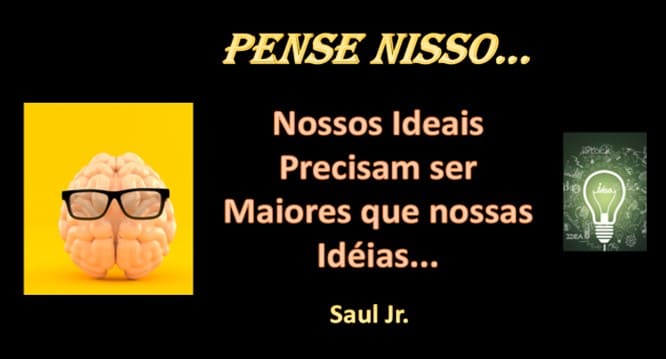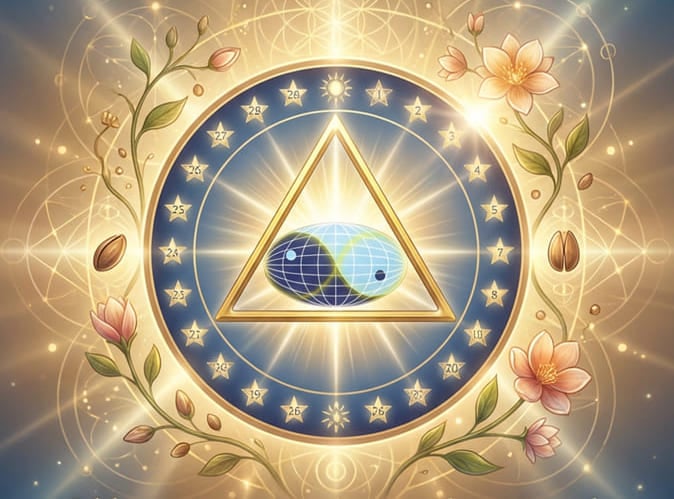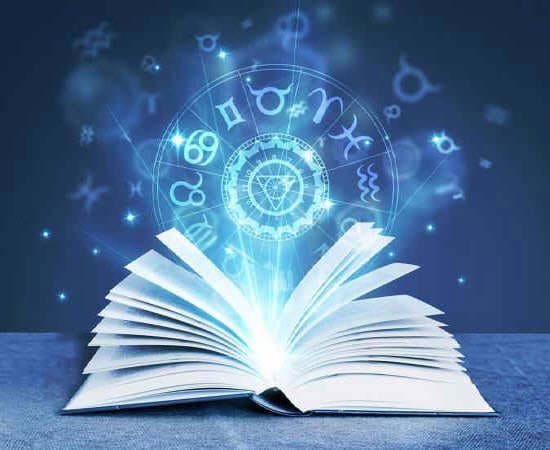The third task for love

Autor Bel Cesar
Assunto STUM WORLDAtualizado em 11/08/2005 09:44:58
Translation: Nancy Juozapavicius - [email protected]
Final revision by Françoise Killick - [email protected]
This is the third text, from a series of four, meant to inspire the reader to practice the four necessary exercises to overcome the delusional nature of romantic love and yet have a life full of passion. Go back to the first text about the myth of Psyche.
As the third task, Aphrodite gives Psyche a crystal container for her to fill with the waters of the rivers of Hell, which fall from the highest cliff of a huge and practically unreachable mountain. Moreover, as threatening dragons play the role of guards, there is no way to get close to the place.
Once more, Psyche gets desperate at that impossible task she feels she cannot accomplish. However, Zeus decides to manifest himself as an eagle: he flies up to Psyche, takes the crystal cup, fills it in the river and gives it back to her.
It all seems so easy when the Divine Providence comes to help us!
Once we know how to discern our needs and cooperate with the needs of the others, we must then acquire the vision to distinguish and accomplish what we wish. When we learn this, we acquire the capacity to visualize patterns and act in a decisive way by ourselves. But the secret, according to Robert Johnson in his book She, consists in knowing how to do one thing at a time, and do it well done. The feminine aspect of human psyche has been described as diffuse conscience. The feminine nature is flooded by the infinite possibilities life provides and sometimes throws unexpectedly. The great difficulty is that nobody can have or be many things at the same time. Some of the possibilities which are given to us are contradictory and - thus - we have to choose. As the eagle, that has a panoramic vision, we have to focus on a spot in the long river, dive and bring only one cup of water”.
The myth teaches us now that, to love, it is necessary to choose and feel satisfied with our choices. This doesn’t mean we will feel satiated when we find love in our lives, but that we need to establish a commitment.
According to the Tantric Buddhism, we have the capacity to enjoy unlimited happiness when we get rid of the illusions that usually pollute our search for pleasure. Contrarily to what everybody thinks, there is nothing wrong in experiencing pleasure and enjoying life. The mistake is in the confusing way we get attached to those pleasures, considering them as a source of happiness and then as a reason for pain and frustration.
Lama Yeshe wrote in his book “The path of the Tantra”: “The thing is that our search for pleasure is directed to objects external to our desires. When we are not able to own them, or when we lose them, we feel frustrated and lost. For example, many of us search the man or woman of their dreams, someone who is an unlimited source of happiness. But, in spite of long series of relationships with men and women, those dreams always remain unreachable illusions.
"What we don’t understand is that, inside us, there is an infinite source of masculine and feminine energy. So, many of our problems arise because we ignore or suppress what we already have inside of us. Men try to hide their feminine aspects and women are afraid of trying the masculine energy. As a result, we feel constantly separated from something we need. As we don’t feel complete and are thus full of expectations, we turn to others to find the qualities we think we don’t have, hoping we can reach a creative degree of completeness.
As a result, our behavior follows a pattern of insecurity and possessiveness. In reality, all the problems of the world - be it the anxiety of a person or wars between nations - are created by this sensation of not being complete”.
As long as our feminine and masculine energies are fragmented and unbalanced, we will depend on the company of others, and, by feeling incapable of finding satisfaction; we will jump from one place to another.
On one hand, the more we wish an object, the more disturbed we are if we do not get it. On the other hand, when we come to get what we desired so much, we soon consider it imperfect.
If we don’t know how to make a commitment with love, we will soon look for a new relationship, generating expectations which will be as unreal as the previous ones. Thus, we will keep going to and fro in our lives, exchanging one thing for another without really ever getting close to the desired happiness and inner peace.
In other words, we can say that the third task teaches us to review and clarify our notion of pleasure and satisfaction.
Once, I heard Lama Gangchen commenting that fast people need slow methods and slow people need accelerated methods. An affective relationship is a powerful method of self-knowledge. It doesn’t matter how long you have been involved in a relationship: what is important is to be perseverant. Deepen your relationships before making them disposable!
Next week, check Psyche’s last and more difficult task: going to hell, a test people rarely accept to take.









 in memoriam
in memoriam